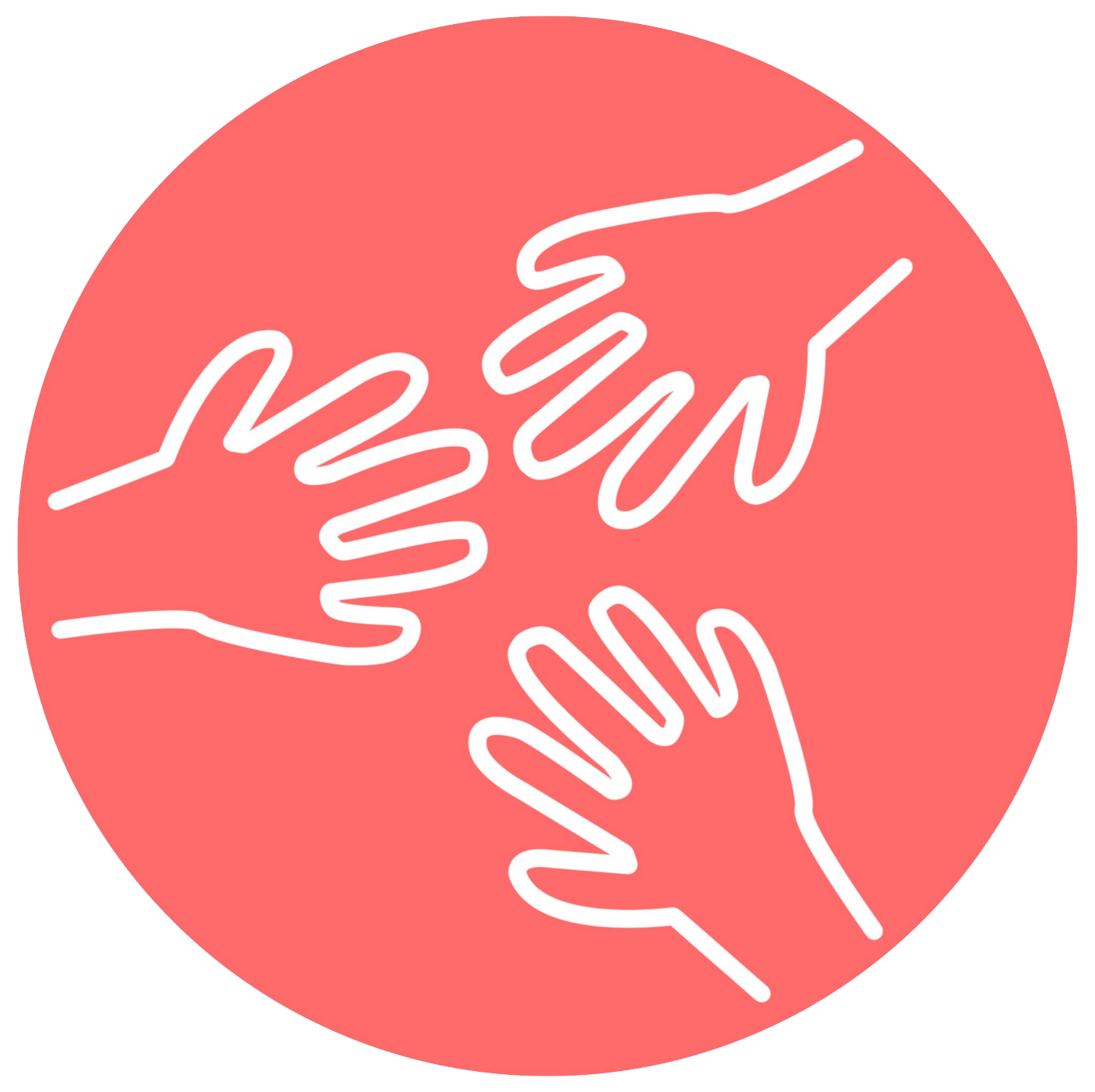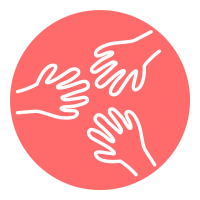The Stigmatisation of Males & Eating Disorders
What are eating disorders?
Eating disorders are complex mental illnesses that are accompanied by physical and mental health complications both of which, in certain instances, can be life threatening.
They are commonly characterised by disturbances in behaviours, thoughts and feelings towards body weight, shape, and food consumption.
What is the common ideology for males?
Like women, men are sexually objectified, with the media placing emphasis on the concept of muscularity and masculinity. This had led males to acquire numerous misconceived notions about their weight and physique, particularly about the importance of masculinity.
For a male, the typical ideal body type is ‘lean and muscular’. However, in most cases when males are unable to attain this ‘ideal’ type, it leads to body dissatisfaction and a poor sense of body image. This is very prone to escalate into several disorders such as: muscle dysmorphia and anorexia.
How common are eating disorders in males?
Despite stereotypes and prejudice that eating disorders are a disorder specifically for women, about one in three people diagnosed with eating disorders are actually male. The National Eating Disorder Association (NEDA) estimates that 10 million males in the US alone will be affected in their entire lifetime.
Another pertinent point is that subclinical disordered eating behaviours are as common in males as they are in females.
The fact remains that any person, at any stage of their life is at risk of developing an eating disorder.
How does this stigma create a problem?
UNCLEAR DIAGNOSTIC CRITERIA
The omission of males from such research means that the diagnostic criteria is not elucidated sufficiently, leading to gender-biases and difficulties in diagnosis as criteria for the opposite sex do vary.
For example, a variation of this behaviour may be that women may ‘purge’ to get rid of excess caloric intake but men would instead compensate with increased exercise.
Why are they omitted from research?
Males are omitted from eating disorder research due to the stigma that an eating disorder is ‘feminine’ and only incurred by homosexual people.
It is less commonly known that, statistically, most males with eating disorders are heterosexual. A study performed found there to be little connection between sexual orientation and the incidence of eating disorders.
PROBLEMS IN SEEKING TREATMENT
The stigma that ‘males can’t have eating disorders’ is a toxic ideology to believe in because it then leads to naivety and causes many parents to be stuck in a dilemma on what to do.
Some may not even realise that their child has one due to the obscurity and lack of information available on the internet.
Hospitals may not refer individuals to an eating disorder specialist due to this toxic belief. Therefore, this leads to a lack of proper resources available for the male gender.
Males face a double stigma: having a disorder characterised as ‘feminine’ that leads them to be deemed as ‘unmasculine’ in the eyes of society for seeking psychological help.
This often causes them to be under or even undiagnosed for an eating disorder as treatment centres can exclude them too.
2. OSTRACISED FROM FAMILY AND SOCIETY
Even if individuals are fortunate enough to be diagnosed, they may then be ostracised from society due to being unable to conform to an ‘expected standard’
This is partially why many continue to hide the issue from others due to fear of a negative reaction.
This causes them to become more entrenched in their disorder and ‘sicker’ before they actually do seek treatment which by then, may already be too late.
What are the consequences if males continue to be stigmatised and refused treatment?
This stigma poses an adverse risk as it can impede treatment and delay chances for intervention.
Studies suggest that the risk of mortality for males with eating disorders is higher than it is for females and hence, if there is a perpetuation of stigma, an individual’s lifespan could be greatly shortened.
This is the reason why it’s imperative to raise social awareness on such a topic; the more commonly discussed, the easier it is for others to intervene and seek suitable help.
What can YOU do to help?
Everyone’s journey is different. The way in which a person finds their way to recovery is subjective hence, it is important that we keep an open mind. Here are a few ways YOU can be of assistance to someone who's struggling with such a disorder.
Lend an ear
Oftentimes, eating disorder tactics stem from several insecurities and other psychological factors — not just purely to ‘look buff’ or ‘to lose weight’. There are severe traumas associated with eating disorders, such as wishing to acquire control over every extraneous event in their lives.
Lending an ear will supplement a person in feeling cared for and non-neglected. Much like their female counterparts, men too need emotional, informational and social support.
Provide a supportive background
Treatments are highly likely to be successful if the person in treatment has a good support system compared to someone with regular treatments but an unsupportive familial or social background.
Encourage them to seek professional therapy
All eating disorders involve physical, psychological, behavioural and emotional aspects and therefore it is advisable to seek professional treatment methods if things become too severe for the average layman to handle.
You can refer them to AMHS (adult mental health services) which is the general mental health service for the locality.
There are specialist personnel within the AMHS team that possesses the ability to make an assessment of an eating disorder and treat the person accurately.
It is important to remind them that seeking help does not make them weak, but rather serves as a strength in that they have identified something unwelcome or non-beneficial in their life which they can work on with the aid of others.
Works Cited:
National Eating Disorders Association. (Eating Disorders in Men & Boys.)
Verywell Mind (What to Know About Male Eating Disorders.)
WebMD (Men’s Eating Disorders Often Not Recognized.)
Bodywhys (Men & Eating Disorders.)
Nedc.com.au. (Eating Disorders in Males)
Graphic Design: Nika Keovilay


